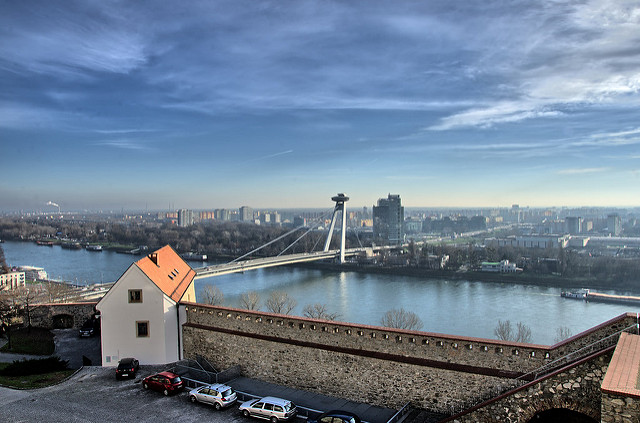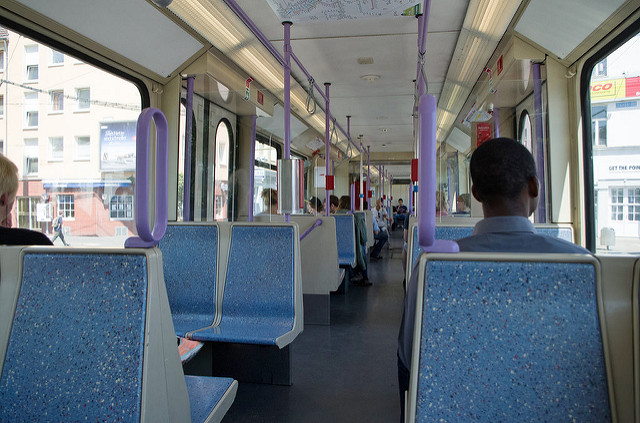Chinese firms who are eager to invest in EU Countries are complaining about the difficulties involved in obtaining work permits.
"Currently one of the main problems for our companies that want to invest in Europe are the visas and work permits," said Wang Zhiming, vice director of European affairs at China's commerce ministry.
Wang said difficulties in obtaining visas and work permits are obstacles for trade between China and the European Union.





